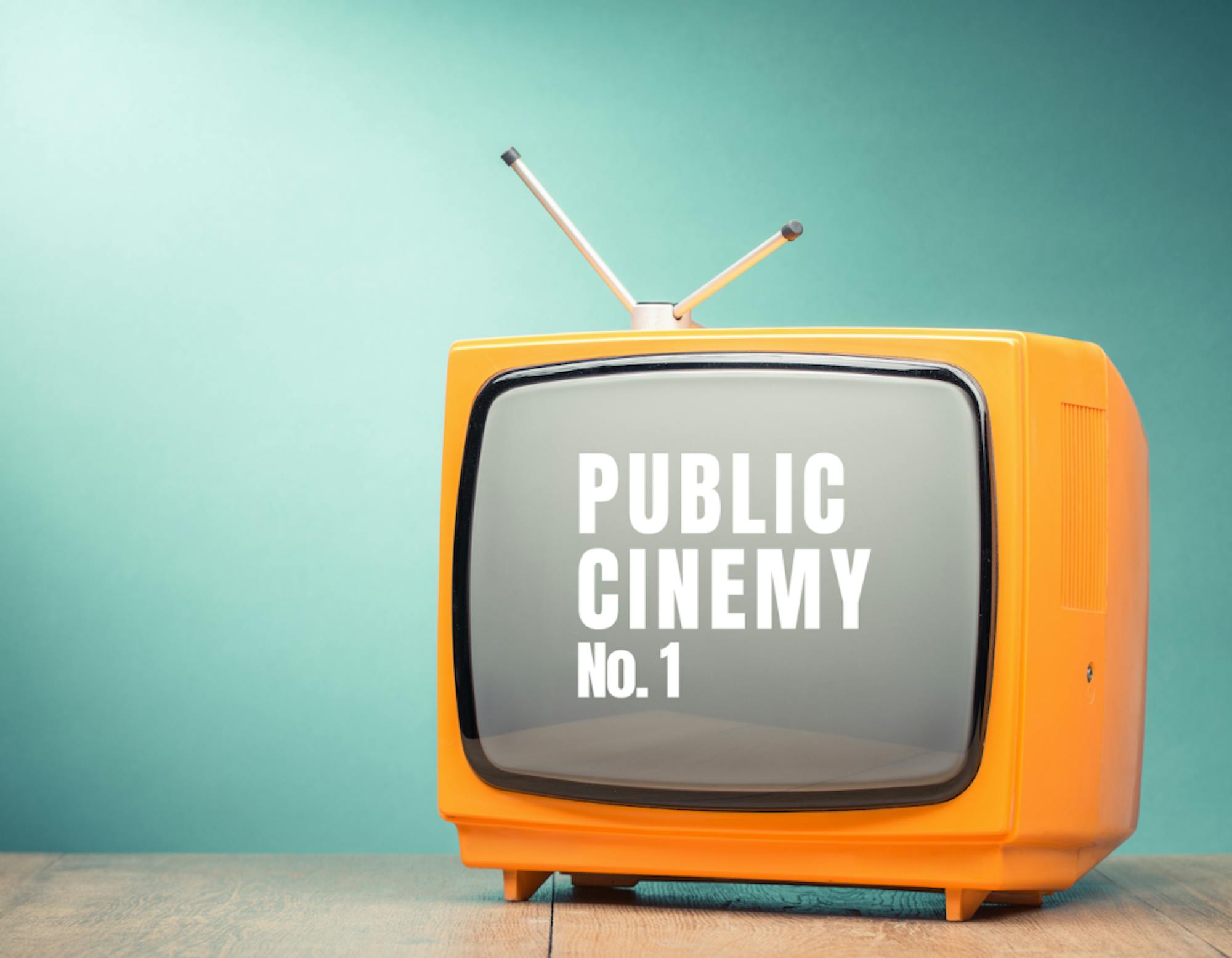Every time I watch another superhero blockbuster, I can’t help but imagine the producers sitting around a table, breathing down the screenwriters’ necks as they decide which social issues to water down, aestheticize and shoehorn in. Will it be something contemporary, like the pandemic? A timeless classic, like misogyny? Or a safe choice, like wealth inequality?
My point isn’t that blockbusters shouldn’t comment on political and social issues, but that their commentary is deliberately hollow. The thing about big-budget megahits is that spending a lot of money means you have to make a lot of money, and you must therefore appeal to as wide an audience as possible. Any commentary on any remotely controversial topic is ultimately compromised to avoid alienating any demographic. Wide audiences aren’t designed to have worldviews expanded; they’re designed to buy tickets, and it’s difficult to sell things to groups you make angry. The result is political commercials — soundbites that sell.
“The Batman” (2022) is the latest usual suspect. The movie portrays Gotham’s police as incompetent and corrupt, invoking a subplot on cops pushing drugs in low-income communities and stating that the department is funded by mobsters. To Batman’s surprise, the Riddler is right: Gotham is built on a dishonest political system that champions the rich at the expense of the poor.
And then the message is walked back. The Riddler — who, until the last hour, has a reasonable motive — decides to hurt civilians.Hero cop characters emerge as foils to a broken system. The AOC-coded Mayor Reál calls for rebuilding trust in untrustworthy institutions. The speech Batman’s writers gave her isn’t progressive or radical — they just assigned a white man’s talking points to a woman of color.
The fundamental problem with blockbuster social justice is perfectly captured within this microcosm. The Riddler’s plan and interspersed police protests satisfy moviegoers supporting police reform and the ACAB movement, while the ‘good apple’ boys in blue are there to mollify those who identify with or support police. The movie depicts social issues, but its stance on them is a shrug.
“The Batman” isn’t an isolated example, but it calls to mind a trend bolstered by many predecessors. For example, “Joker” (2019) features incoherent commentary on white male rage and the mental health-based justification for it. The female empowerment of Wonder Woman within “Justice League” (2017) and “Wonder Woman 1984” (2020) is immediately followed by sexualized cinematography. The potentially pro-Palestine message within “Captain Marvel” (2019) seemed paired with Air Force deification (and military recruitment advertisements that ran before it in theaters).
To be clear, the superhero genre has a long history of being successfully political, from the original comics to Marvel’s acclaimed “Black Panther” (2018). The line toed stands between movies that use political and social issues as a foundation and fundamental message, and movies that adopt a social justice aesthetic to justify the towering corporations behind them. Unfortunately, one is more common than the other.






